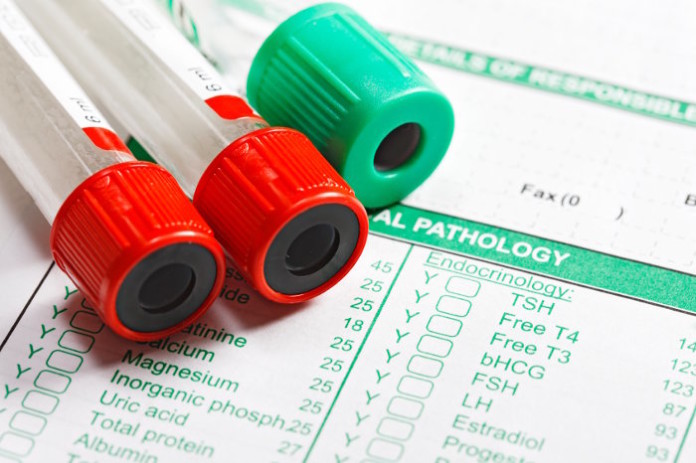The recommendations were published as a joint consensus statement from the European Atherosclerosis Society and European Federation of Clinical Chemistry and Laboratory Medicine. No U.S. guidelines for adults have been published yet recommending such a change.
Blood cholesterol levels, including total, LDL (“bad”), and HDL (“good”) cholesterol as well as triglycerides, are checked in order to predict the risk of a cardiovascular event such as a heart attack. Fasting for 9-12 hours before checking cholesterol levels with a lipid profile has long been thought to provide a more accurate reading and is “preferred” according to the most recent U.S. guidelines published in 2013.
However, the new European guidelines are based on more than a dozen published studies that reported on over 300,000 patients who had not fasted and then had blood drawn to check their cholesterol levels. The studies found that the risk of cardiovascular events was predicted as well as, or better than, it was for patients who had fasted before the test.
Fasting ahead of a cholesterol test can be difficult for many people, including older adults, children and people with diabetes. Many other people simply forget and remember only when asked and then must reschedule the test. Others may put off having the test so they don’t have to fast.
To make it easier for people to get recommended testing, fasting should not be required, according to the new European guidelines. However, if an individual’s non-fasting triglyceride result from an initial test is greater than 5 mmol/L (440 mg/dL), then the lipid profile should be repeated when the person has fasted.
In a press release about the new guidelines, Borge Nordestgaard, MD, a professor in the Department of Clinical Medicine at the University of Copenhagen and a lead author of the guidelines said, “We hope that non-fasting cholesterol testing will…reduce the global burden of cardiovascular disease and premature death.” Denmark has had recommendations for non-fasting cholesterol tests since 2009.
So far, no recommendations for adults eliminating fasting before a cholesterol test have been issued in the U.S. Cholesterol values are usually compared to cut-off levels that were established using data from studies on people who fasted before testing. But that may eventually change as more studies evaluate cholesterol levels in people who have not fasted and as the evidence from those studies is used to update guidelines.
“Evolving evidence that would support a change for the U.S. will be considered as guidelines undergo updates and revision,” said Robert Eckel, MD, former president of the American Heart Association.
It remains to be seen when a change in recommendations might occur in the U.S. “Guidelines are reevaluated on a periodic basis and it’s expected that the new information on not fasting before a cholesterol test will be evaluated,” says Philip Greenland, MD, a member of the American College of Cardiology Prevention of Cardiovascular Disease Section Council. “Once that evaluation happens, it’s certainly possible that a revision in the current recommendations, last updated in 2013, could occur.”
Until U.S. guidelines change, adults who are to undergo cholesterol testing should follow the directions given by their healthcare practitioners before scheduling the test and should tell the person drawing the blood sample whether or not they have fasted.
Source: AACC Lab Tests Online



















































